There are many different problems that can arise from poor dental care in our cats, often without the knowledge that we even need to care for them. But brushing our cat’s teeth will benefit them in the long run, no matter how awkward it might be to start. If you notice any of these symptoms, however, your cat might already be suffering from dental disease. Be sure to see your veterinarian.
5 Symptoms Of Feline Dental Disease
#1 – Bad Breath
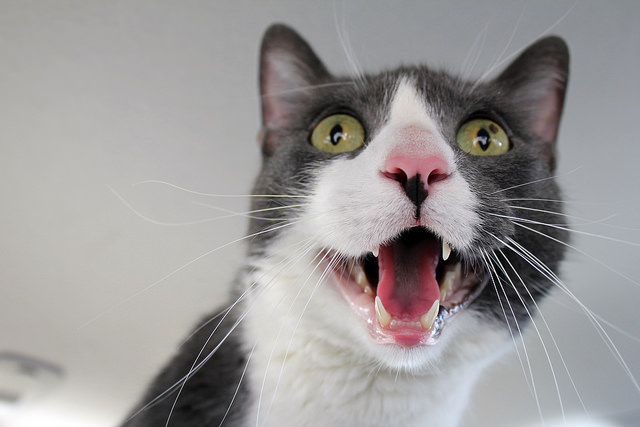
Bad breath is probably the most notable sign of dental disease in cats because it’s so obvious to us as owners. Our cats are often right in our faces, licking us or breathing on us while we’re snuggling on the couch. Cat breath doesn’t particularly smell wonderful to begin with, but if you notice it’s worse than normal it’s time for a vet check-up.
#2 – Excessive Drooling
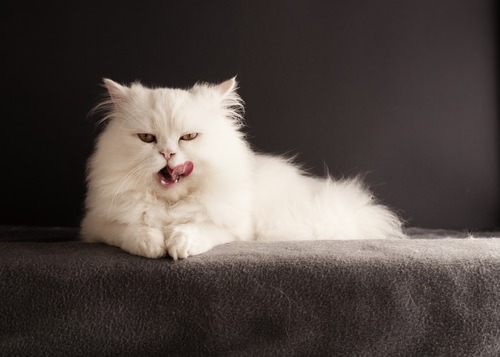
Some cats drool regularly, but most hardly ever do. That said, excessive drooling is often a sign of something more serious going on in your kitty’s mouth. Sometimes this drool might contain blood, but even if it doesn’t, you’ll likely want to schedule a vet visit.
#3 – Loss of Appetite
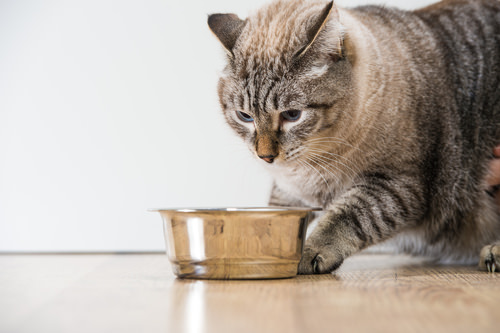
While your cat might very well still be hungry, eating can be painful if teeth and gums are inflamed and infected. Skipping meals is very dangerous for cats, so if you notice your feline is even only eating half of his food it’s important to have him checked by a veterinarian.
#4 – Pawing at Mouth
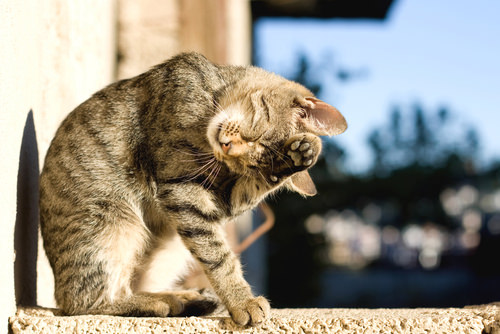
Sometimes cats with dental disease will paw at their mouths because of the discomfort. Just like you, they want to soothe the pain that dental disease causes. Often they might have a loose or cracked tooth that’s uncomfortable and feel the urge to get it out. Whatever the reason, pawing at the mouth is certainly reason to have your cat looked at by a vet.
#5 – Dropping Food
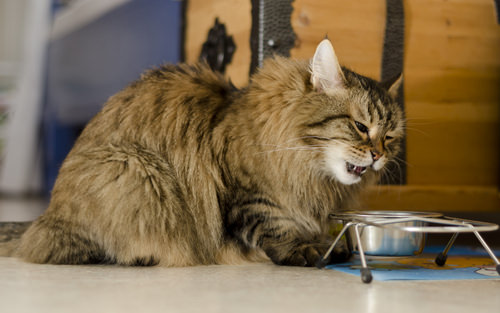
Dropping Food – While some cats are in too much pain to eat at all, others will keep trying but have a hard time keeping food in their mouths. This is most common with hard kibble, but even canned food might be chewed awkwardly with some falling out of your cat’s mouth. However bad this symptom appears, it should be addressed by a veterinarian.

